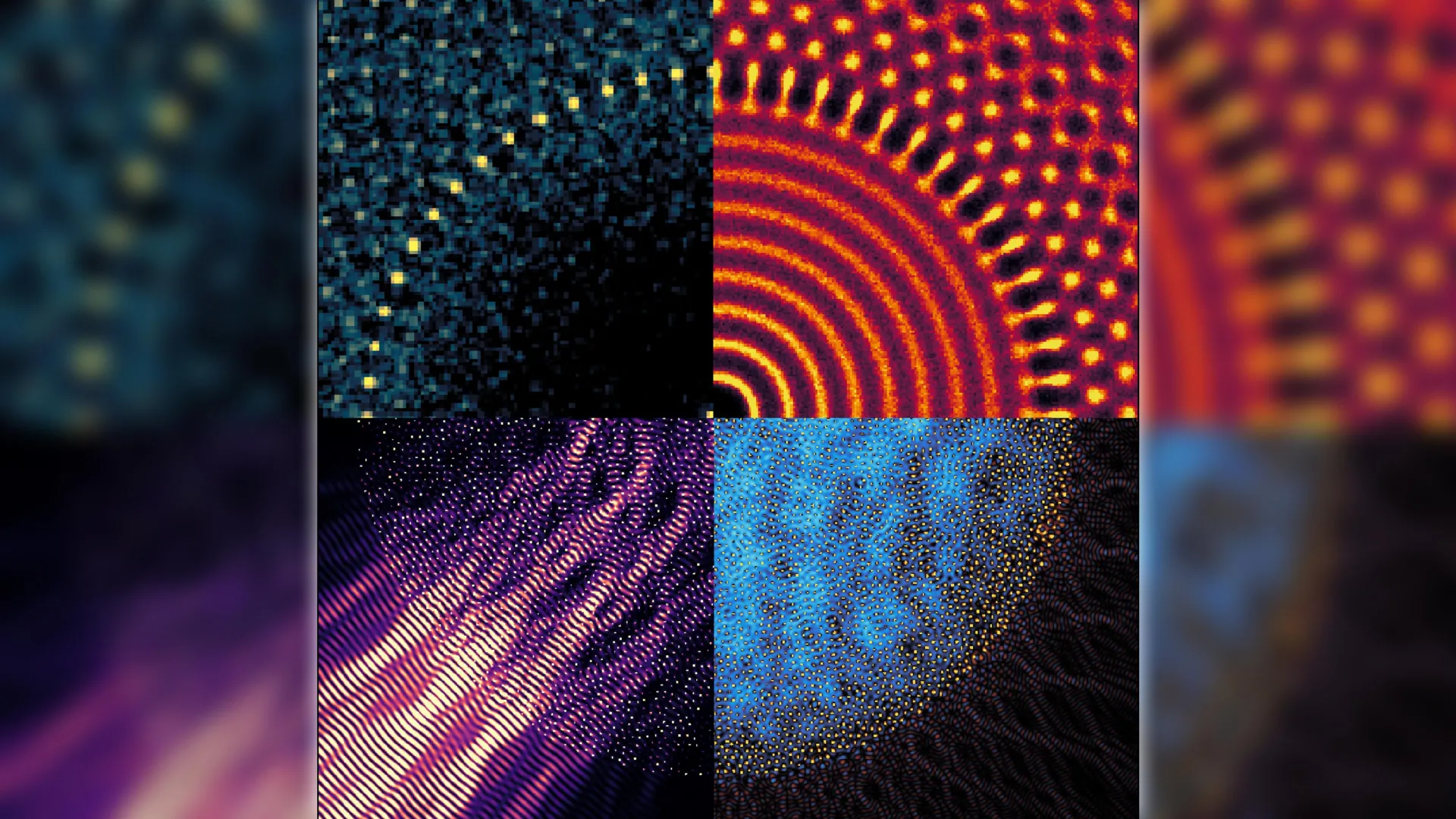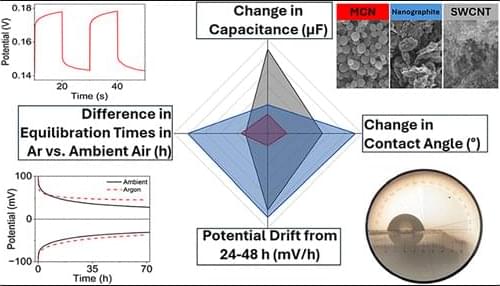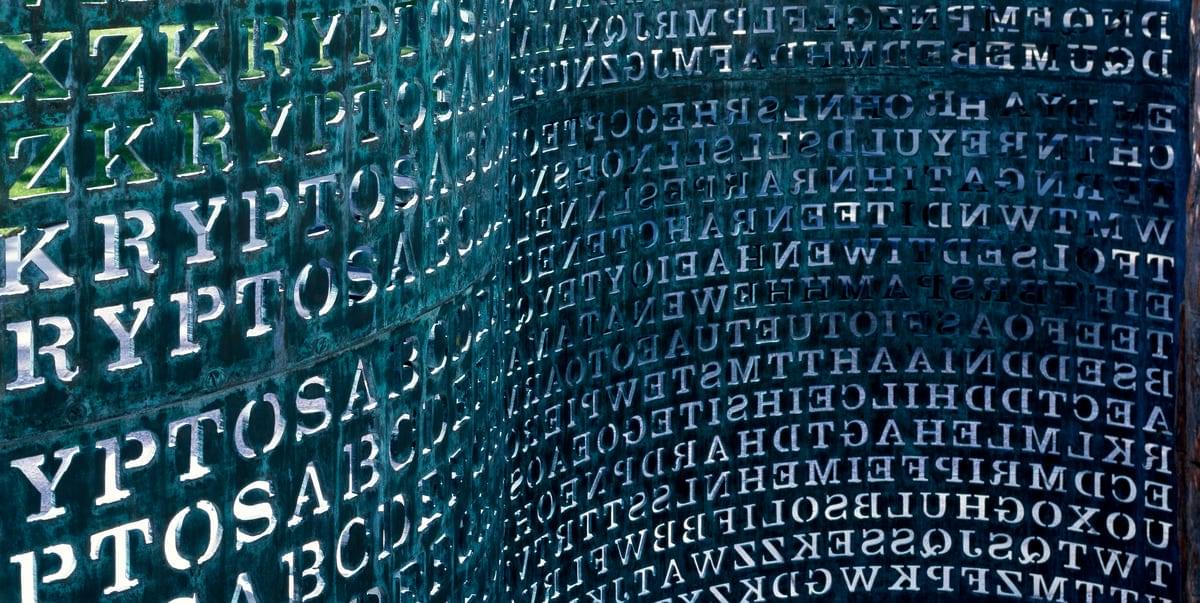Gyromorphs merge order and disorder to deliver unprecedented light-blocking power for next-generation photonic computers. Researchers engineered “gyromorphs,” a new type of metamaterial that combines liquid-like randomness with large-scale structural patterns to block light from every direction. This innovation solves longstanding limitations in quasicrystal-based designs and could accelerate advances in photonic computing.
Researchers are exploring a new generation of computers that operate using light, or photons, instead of electrical currents. Systems that rely on light to store and process information could one day run far more efficiently and complete calculations much faster than conventional machines.
Light-driven computing is still at an early stage, and one of the main technical obstacles involves controlling tiny streams of light traveling through a chip. Rerouting these microscopic signals without weakening them requires carefully engineered materials. To keep signals strong, the hardware must include a lightweight substance that prevents stray light from entering from any direction. This type of material is known as an “isotropic bandgap material.”







